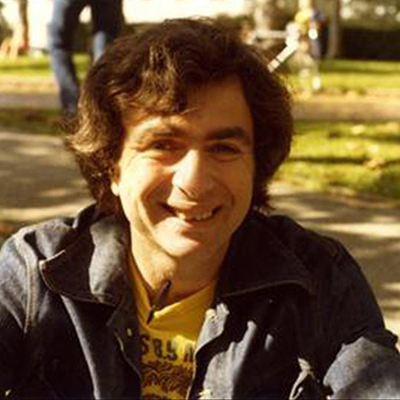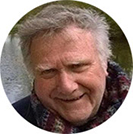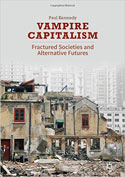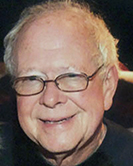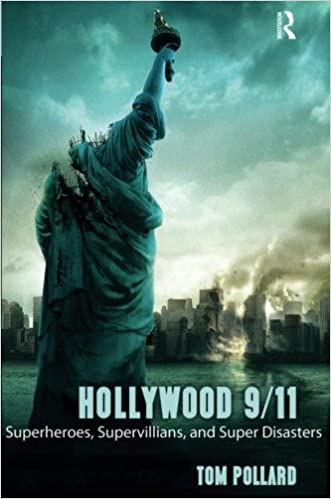

March 14, 2024
Visit our sister
GSA/UK organization:
Designed by V.M.S.
© 2004-2022
All Rights Reserved
IN MEMORIAM
 | LEO PANICH (1945-2020) By Eric Canepa | 21 Dec 20 We at transform! europe, along with many around the world, were shocked to hear of the death of Leo Panitch from COVID-19 in Toronto on 19 December 2020. Leo had recently been diagnosed with multiple myeloma—a type of cancer that affects the plasma cells located in the bone marrow. Justifiably optimistic about treatment, he had the misfortune to contract COVID in hospital, which in his weakened state proved fatal. Since 1985, Leo co-edited the Socialist Register, the annual journal founded by Ralph Miliband and John Saville. The Register has been hugely influential among the English-speaking left throughout the world as an alternative to both centrist social democracy and sectarian radicalism. It has also had a decisive impact on the remarkable maturation process of the young left intellectuals in the US largely in and around Jacobin and DSA, dating from the time of Occupy Wall Street in 2011. There is no doubt that Leo and the Register, both based at York University in Canada, helped make it possible for this emerging left to be both radical and at the same time connected to the mediations of real politics in the US and abroad and to a richer socialist culture. In the process, they learned, for example, from the experience of the left wing of the UK Labour Party, for whom Leo's work was a key point of reference. Above all, they have moved some distance away from the self-marginalising Puritanism that has been characteristic of so much of the US radical left over the last decades. One cannot help thinking that Leo's very embrace and enjoyment of life, his warm-hearted 'Menschlichkeit'— to borrow a word from Yiddish, a language he grew up with in the I. L. Peretz Folk School in Winnipeg—may have in some measure exerted a salutary influence in North American radical-left milieus. |
| PAUL KENNEDY Without Paul there would be no GSA of North America. Lauren Langman and I attended the second UK GSA conference in Manchester, and Paul graciously invited me to stay at his home. Paul and I immediately found ourselves to be kindred spirits. The ensuing discussions led Lauren and me to set up the GSA in the US, and Paul helped guide us through the process. Over the years Paul and I continued to enjoy talking, and staying at each other's homes. The last time was in 2018 when my wife Veronica and I were travelling in the UK. We talked about politics and economics, the Labour Party and Bernie Sanders, his wonderful book Vampire Capitalism: Fracture Societies and Alternative Futures (2017), the world, and our fears and hopes for a better future. His kindness and intelligence will be sorely missed. Jerry Harris, National Secretary See Paul's obituary on The Guardian website >> See More Tributes on the GSA/UK website >> Watch Paul introduce and explore the key themes of his book, Vampire Capitalism, here: https://www.youtube.com/watch?v=-6Bd257-66k Order Vampire Capitalism: Fracture Societies and Alternative Futures from Palgrave McMillan: https://www.palgrave.com/us/book/9781349716074#otherversion=9781137552655 |
|
TOM POLLARD It is with great sadness that I report the passing, on April 10, of our esteemed friend and colleague Tom Pollard, at his home in Alameda, California. This news has come as a particularly terrible shock to me as the friendship and working partnership I had with Tom goes back nearly 34 years. Tom did not die from the coronavirus, but it seems his difficulty getting emergency care might have resulted from excessive pressures on the medical system. For the past several years Tom has been a member of the GSA Executive Board, and we together have presented jointly at several GSA conferences, including most recently in Chicago. We had been scheduled to give talks at the now-cancelled meetings scheduled for New York City. Tom’s unique contributions, now as before, revolve around a convergence of critical social theory, political analysis, and investigations into American popular culture. Here he had few peers on the national scene, reflected not only in the great volume of his work but in its considerable depth, extending from literature to film, from television to documentaries. He was equally comfortable exploring a wide variety of movie genres, from film noir to combat pictures, horror movies, Westerns, and blockbusters, and he always brought an original eye to his typically original perspectives on popular culture. A few years after receiving his PhD in American Studies at the University of Kansas in 1983, Tom began teaching at National University in Oakland (now San Jose), where he taught courses in anthropology, sociology, history, and film studies – one of the truly outstanding instructors who could inspire students (mostly working adults) from widely diverse backgrounds. He was equally adept teaching onsite and online. For many years he was among the leading researchers and writers at National, a model for other faculty members in the social sciences and beyond. I have been his colleague at National (Los Angeles) for more than three decades, during which time we have given scores of presentations together and written two books, along with many articles and essays. We have served on many committees together. Whatever the task at hand, Tom has been the best colleague and collaborator one could hope for, his demeanor consistently upbeat and constructive. He will leave an enormous void in university life. Along with his prolific writing, Tom was an outstanding documentary filmmaker, his work (often in partnership with others) having been viewed on BBC, Discovery Channel, Life Network, the Canadian Broadcasting System, and several PBS Channels. My favorite of his documentaries is Maya Pompeii, a work dealing with Mayan culture in Central America. It is this work, combined with a variety of innate talents, that endowed his writing with a particularly lively and fresh quality. That writing included two books that Tom and I completed together: A World in Chaos: Social Crisis and the Rise of Postmodern Cinema (2003) and The Hollywood War Machine: U.S. Militarism and Popular Culture (2007). The latter volume appeared as a second edition, in 2017. Tom’s other books include: Sex and Violence: the Hollywood Censorship Wars (2010); Hollywood 9/11: Superheroes, Supervillains, and Super Disasters (2011); Loving Vampires: Our Undead Obsession (2016); and Sadomasochism, Popular Culture, and Revolt (2020). Tom’s writing could be described as critical, lucid, and compelling, rich in historical understanding. As can be seen from the book titles, he was prepared to tackle some of the most daunting topics, and he did so always with a keen eye toward difference and what he always liked to characterize as “transgression”. The last time Tom and I presented together was in Honolulu, this past January, at the annual Hawaii Conference on Arts and Humanities, where we had organized (mostly film) panels over the past 15 years. Tom’s presentation, on the topic of surveillance in popular culture, embellished its customary critical outlook, political insights, and sense of humor. For that, as always, he will leave an irreplaceable absence in the lives of all who were fortunate enough to be part of his powerful and welcoming spirit. Carl Boggs See a list of Tom's books here: https://www.google.com/search?tbo=p&tbm=bks&q=inauthor:%22Tom+Pollard%22 |

